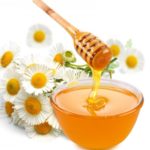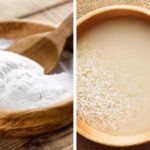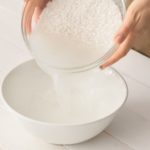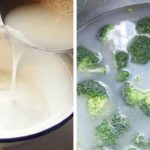Rice Water for Planting Flowers
Rice water is always available at home when you cook. So don’t throw it away, this rice water is great for watering plants, during the growth season of flowers and plants, spring and autumn, you can water the rice water for larger pots.
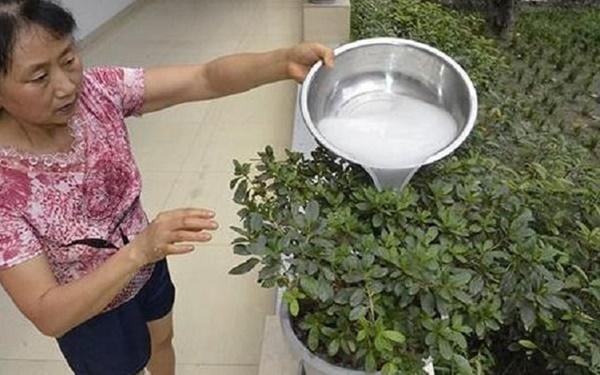
Note: Do not let the soil in the pot stay moist for too long, just watering the plants will grow faster and stronger, greener leaves, healthier branches, and more colorful flowers.
Soaking cigarette butts in water for planting flowers
If you have cigarette butts or similar items, you can soak them in water for a while, then pour them into flower pots, this will prevent some small black insects from developing in the pot soil, while preventing ants and other insects from developing in the pot soil.
Soybeans for Planting Flowers
You can use cooked soybeans, expired soybeans to make organic fertilizer, some tea trees or strawberries, or Japanese horseradish, just bury a little bit in the soil at the edge of the flower pot, you can fertilize them. It can make them grow better, with vibrant green leaves.
Beer for Planting Flowers
Beer that can’t be drunk at home or expired beer can be used for planting flowers, after diluting the beer should wipe the leaves or bushes, or pouring water into a large green plant pot, especially outdoor plants will develop better if watered with beer, but remember to dilute the beer and water before watering the flowers, do not use too much beer at once.
Planting Flowers with Rainwater
When it rains, using rainwater is great for planting flowers because in rainwater there are some elements that plants need, while improving the quality of the pot soil when watering the flowers.
All flowers and plants can be watered with rainwater, when it rains, a certain amount of rainwater is accumulated to water the flowers and plants in large pots, which can save money and labor, while helping flowers and plants grow strong and bloom continuously.
DIY Organic Fertilizer and Water for Planting Flowers
In the house, a tightly closed plastic container or empty oil drum can also be used by adding some fruit peel, vegetable leaves, or fruit peel, rotten fruit, some kitchen waste, put them all into the container for fermentation.
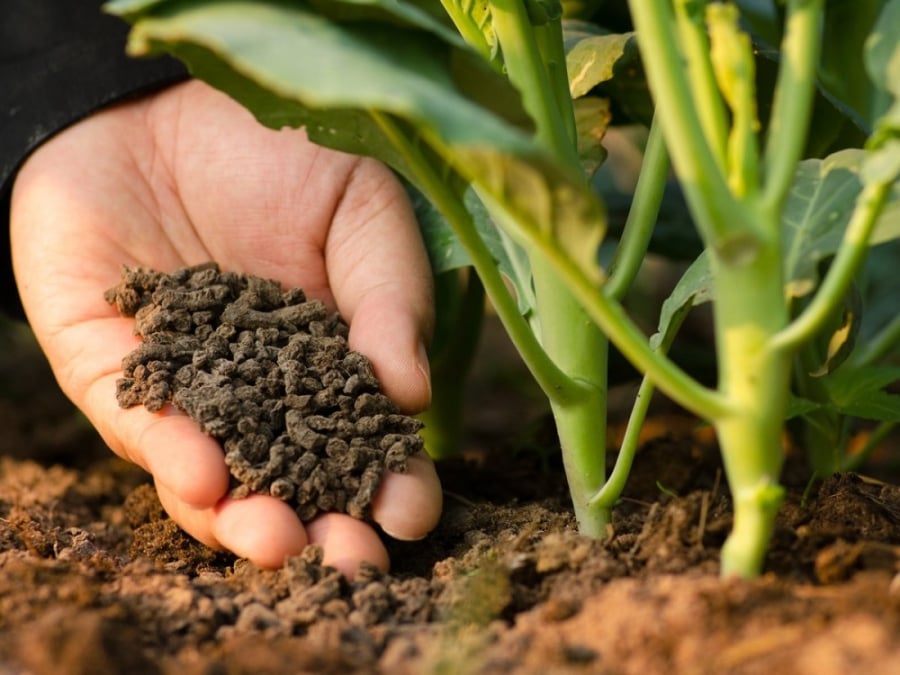
Because it is tightly closed, it will not create odor, place it on the balcony or terrace, where there is sunlight and high temperature, the fermentation process is also very fast, in general, it can be used to water flowers after 3 months.
Later, you can pour water and water the flowers, this homemade organic fertilizer is not only easy to use, cost-effective but also very beneficial for the development of flowers and plants.
Later, you can pour various things into it and then pour water to water the flowers, this homemade organic fertilizer is not only easy to use, cost-effective but also very beneficial for the development of flowers and plants.
























